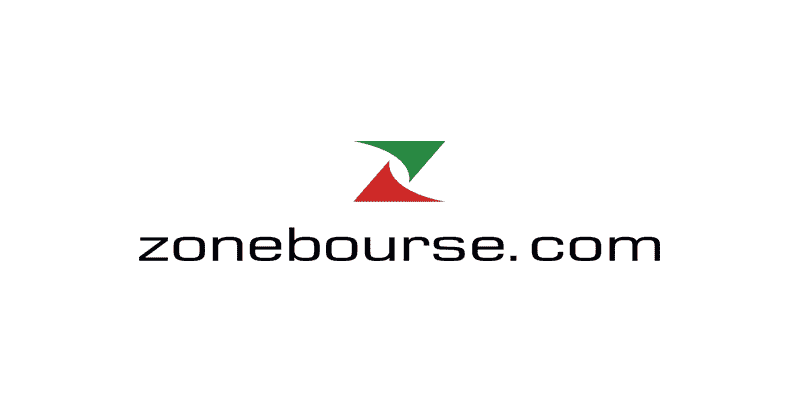BRUSSELS (awp/afp) – The EU has frozen 14.5 billion assets of Russian figures as part of sanctions adopted in response to the war in Ukraine, but several countries, including Hungary, have not contributed to the effort, said a European commissioner on Sunday.
“We must put very strong pressure” on Hungary, because “we can assume that (its) very close ties with Russia may prevent it from acting”, declared the European Commissioner for Justice Didier Reynders, in an interview with the LCI television channel.
Hungary has frozen “just over 3,000 euros” of Russian assets, he said.
Nationalist Prime Minister Viktor Orban has forged close ties with Russian President Vladmir Putin in recent years and this collaboration has been maintained despite the Russian invasion of Ukraine.
Budapest thus announced at the end of August an agreement with the Russian giant Gazprom to receive additional deliveries, at a time when other European countries are faced with a sharp reduction in the quantities supplied. The Hungarian government is also cooperating with the Russian conglomerate Rosatom for the construction of two new nuclear reactors.
Disputes between Brussels and Budapest have multiplied in recent months. The European Commission is particularly concerned about the corruption that threatens the proper use of European funds in the country. She threatened Sunday to deprive Hungary of 7.5 billion euros in funding if the reforms promised by the Hungarian government were not quickly implemented.
The 14.5 billion euros of Russian assets frozen by Europe are “already significant”, but, of this sum, “90% are made by six Member States”, explained the commissioner, acknowledging that there was still “a lot of work to do with other (States) who have either frozen nothing or communicated nothing”.
Among the six most active countries, France froze “just over a billion euros” in assets and Belgium 3.5 billion. Germany, Luxembourg, Ireland and Austria are also among the good students, according to Didier Reynders.
“We are continuing to work to demand that all Member States put the same tools in place to reach assets, not just bank accounts, yachts, residences, but all assets”, underlined the European Commissioner, referring to the difficulty to have access to cryptocurrencies and digital works of art.
aro/lp
